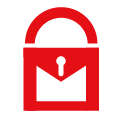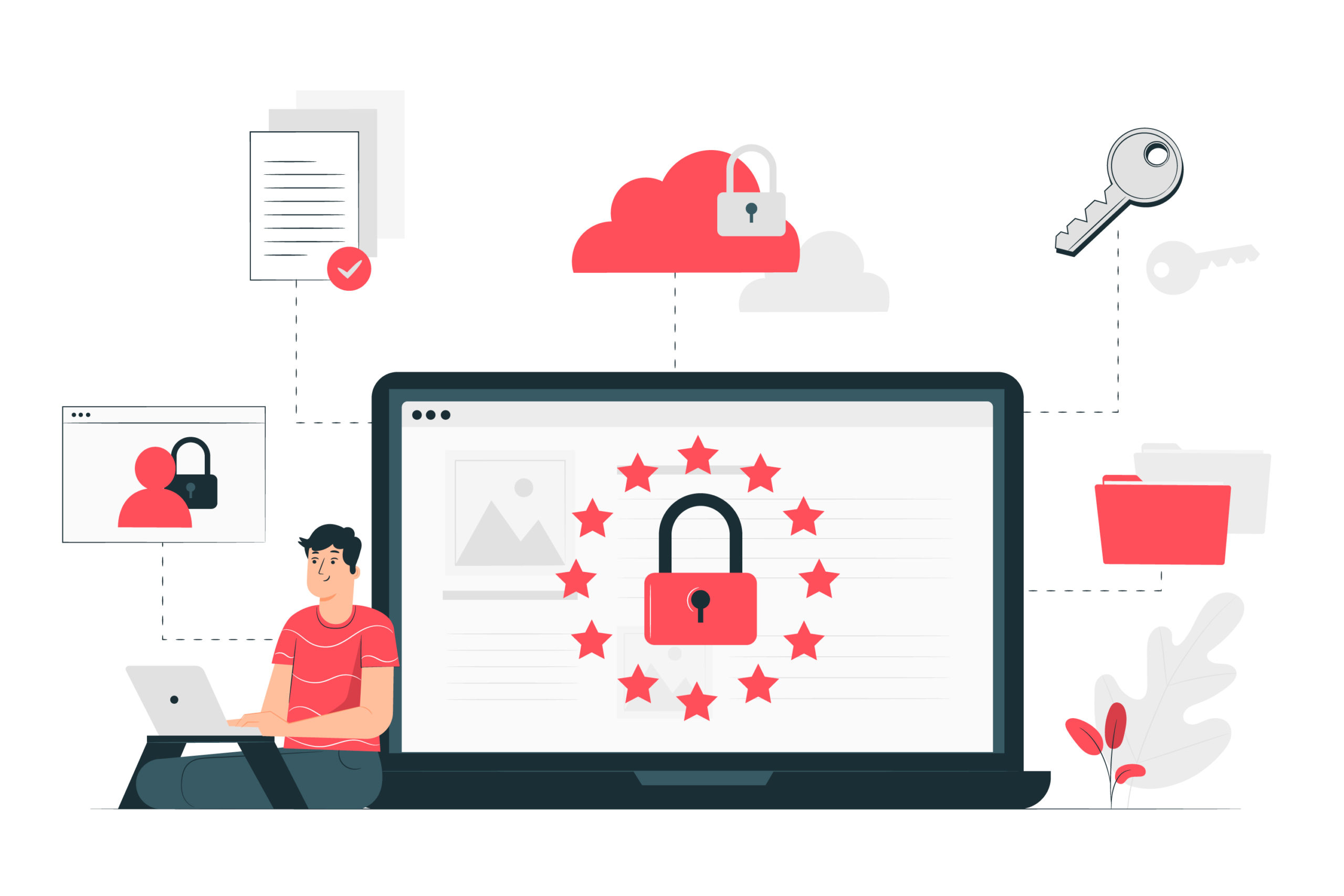
Take the next step in email security by integrating DMARC+. With enhanced monitoring, superior reporting, and advanced threat intelligence, ensure that your communications are safeguarded against phishing and spoofing.




SOLUTIONS
What is DMARC+?
DMARC (Domain-based Message Authentication, Reporting & Conformance) is an open email standard published in 2012 by the industry consortium DMARC.org to enable domain-level protection of the email channel. It works in conjunction with more well-known email standards SPF and DKIM, and is the only way for email senders to tell email receivers that emails they are sending are truly from them.



UI friendly client portal
In depth analysis & reports


SPF & DMARC record generation


25x7 Assistance
Why is analyzing DMARC important?
CEO Fraud
The attacker, posing as a high-ranking executive sends emails to your employees, seeking money transfers or access to sensitive databases
Selling Illegal Goods
Attackers can use your domain to sell illegal goods online like drugs or weapons, which could land you in serious trouble.
Legal Risks
When hackers use your domain to steal money or data from people, it can lead to lawsuits against your organization.
Fake Invoices
A hacker impersonating one of the organisation’s vendors could raise fake invoices that cost companies millions of dollars.
Login Credential Theft
By pretending to be from customer support at your business, an attacker can steal information from your partners and customers.
Spreading Ransomware
When hackers use your domain to steal money or data from people, it can lead to lawsuits against your organization.
Frequently Asked Questions
There are No Stupid Questions, Ask Away, We’re All Ears
DMARC (Domain-based Message Authentication, Reporting, and Conformance) is an email authentication protocol designed to combat email spoofing and phishing by ensuring emails are sent from authorized servers. It builds upon two existing mechanisms, SPF (Sender Policy Framework) and DKIM (DomainKeys Identified Mail), allowing domain owners to specify how receivers should handle unauthenticated emails.
While SPF and DKIM are the foundations, they don’t provide visibility or enforcement. DMARC ties everything together.
DMARC+ goes further offering you:
Human-readable reports
Ongoing monitoring
Policy recommendations
Threat intelligence
So instead of managing raw data and records, you get a streamlined experience and higher security.
DMARC+ prevents attackers from using your domain in phishing or spoofing campaigns. With policies like reject or quarantine, it ensures fake emails never reach inboxes.
Plus, with real-time monitoring, it helps:
Block impersonation
Improve email deliverability
Maintain brand trust
When configured correctly, DMARC+ improves your deliverability by verifying your email sources.
Our platform ensures:
Legitimate emails pass authentication
Misconfigured sources are corrected
Unauthorized sources are blocked
DMARC reports show:
Who’s sending emails on your behalf
Whether they pass SPF/DKIM checks
Volume and source of email traffic
Attempts to spoof your domain
DMARC+ converts these XML reports into clear dashboards and summaries so you can take informed action.
Free tools stop at setup or basic reporting. DMARC+ gives you:
Active monitoring
Visual dashboards
Auto-parsing of reports
Domain impersonation alerts
Support from cybersecurity experts
Need More Information?
Get in touch with us.
We’re here to support your cybersecurity journey. Let’s explore how Tikaj can protect your organization.

Contact
Let’s talk security, risk, and resilience
+91 7388888516

[email protected]
(24/7 response time)

Working Hours
Mon–Sat: 10:00 AM – 7:00 PM
Sunday: 11:00 AM – 5:00 PM
Send message






